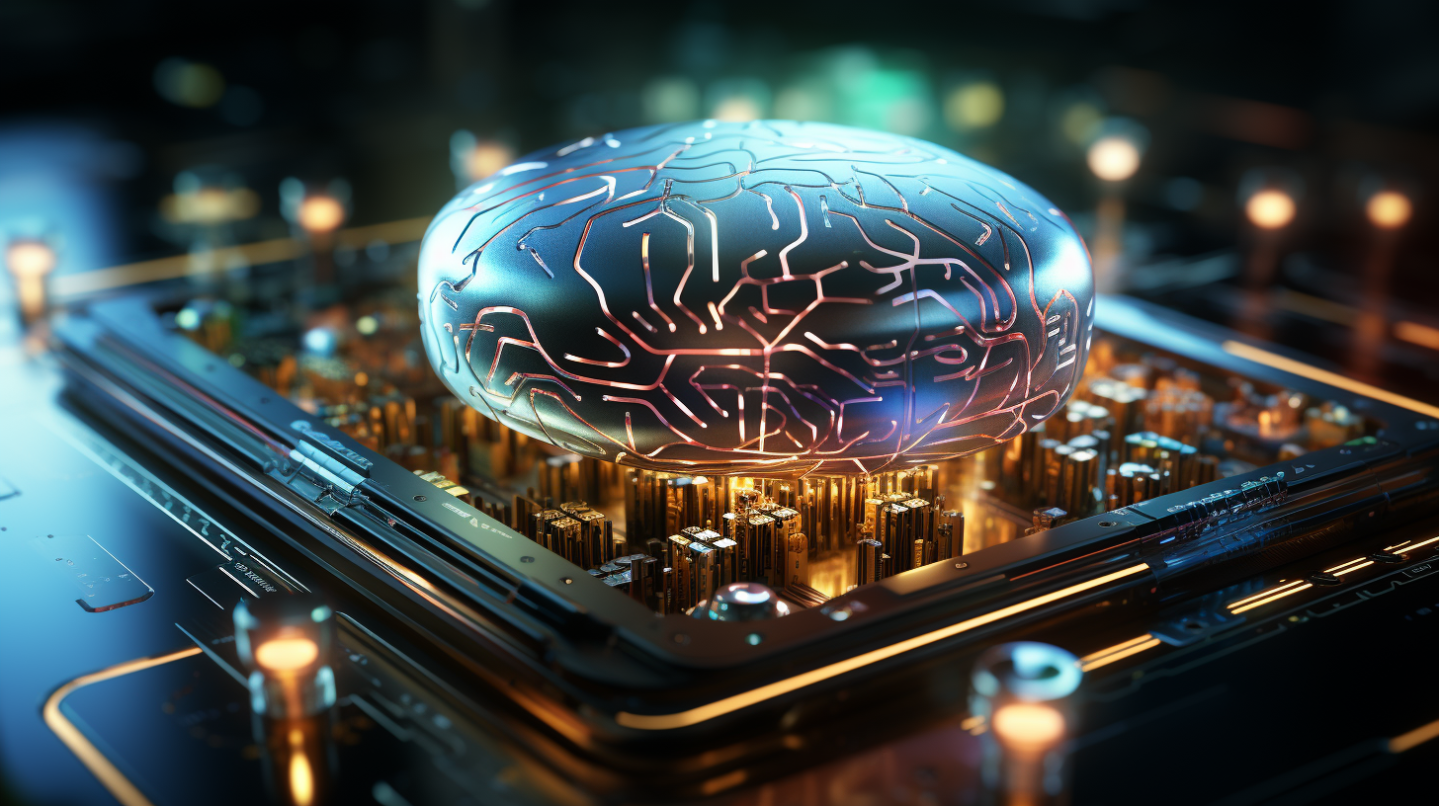Artificial intelligence (AI) models are increasingly being used in synthetic biology to help with a variety of tasks, including:
- Designing synthetic biological systems: AI models can be used to design synthetic biological systems by analyzing large datasets of biological information and identifying patterns that can be used to create new biological constructs.
- Predicting the behavior of synthetic biological systems: AI models can be used to predict the behavior of synthetic biological systems by simulating the behavior of these systems under different conditions.
- Optimizing the design of synthetic biological systems: AI models can be used to optimize the design of synthetic biological systems by finding the best combination of biological components to achieve a desired outcome.
- Testing and verifying the safety and reliability of synthetic biological systems: AI models can be used to test and verify the safety and reliability of synthetic biological systems by simulating the behavior of these systems under different conditions and identifying potential problems.
- Developing new biological tools and techniques: AI models can be used to develop new biological tools and techniques, such as new methods for DNA synthesis, gene editing, and protein engineering.
AI models are making synthetic biology more efficient, more accurate, and more creative. They are also helping to make synthetic biology more accessible to a wider range of researchers.
Here are some specific examples of how AI models are being used in synthetic biology:
- Designing synthetic biological systems: AI models were used to design a synthetic biological system that can produce artemisinin, a drug used to treat malaria.
- Predicting the behavior of synthetic biological systems: AI models were used to predict the behavior of a synthetic biological system that can produce biofuel.
- Optimizing the design of synthetic biological systems: AI models were used to optimize the design of a synthetic biological system that can produce insulin.
- Testing and verifying the safety and reliability of synthetic biological systems: AI models were used to test and verify the safety and reliability of a synthetic biological system that can produce vaccines.
- Developing new biological tools and techniques: AI models were used to develop a new method for DNA synthesis that is more efficient and accurate than traditional methods.
The use of AI models in synthetic biology is still in its early stages, but it is rapidly growing. As AI models become more powerful and sophisticated, they are likely to play an increasingly important role in synthetic biology.
Here are some of the challenges that need to be addressed in order to further develop the use of AI models in synthetic biology:
- Data availability: AI models require large datasets of biological information in order to train and validate them. However, these datasets are often difficult and expensive to obtain.
- Model accuracy: AI models are only as good as the data they are trained on. If the data is inaccurate or incomplete, the model will be inaccurate as well.
- Model interpretability: It is often difficult to understand how AI models make their predictions. This can make it difficult to use these models to design new synthetic biological systems.
- Public acceptance: There is some public concern about the use of AI models in synthetic biology. This concern is due to the potential for AI models to be used to create synthetic biological systems that could pose a risk to human health or the environment.
Despite these challenges, the use of AI models in synthetic biology is a promising area of research. AI models have the potential to revolutionize synthetic biology by making it more efficient, more accurate, and more creative.

